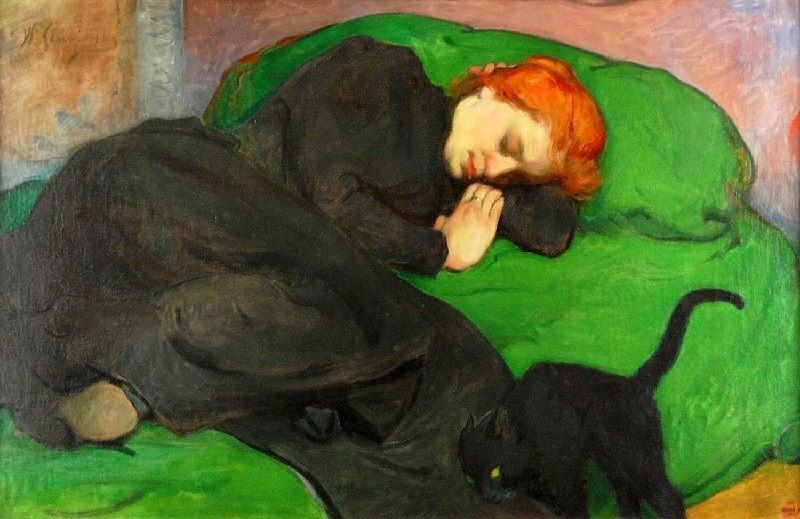there are three types of people: early birds, night owls and
permantly exhausted pigeons. being an early bird makes sense given how humans’
circadian rhythms are hardwired for waking up with the light … and exhausted pigeons probably want to get themselves checked out. but what about night owls? why do some people just have to stay up late — or have trouble falling asleep before the early a.m. hours?researchers from the university of california – santa cruz think they may have
found a way to help people with a common sleep issue called delayed sleep phase disorder.people with delayed sleep phase disorder have a very hard time falling asleep until late at night, often as late as 2 a.m. they also struggle with getting up in the morning. in 2017, scientists
discovered hardcore night owls have a mutation that alters a part of their biological clock that maintains their body’s daily rhythms. building off of that finding, uc santa cruz researchers believe there’s a way to help people who have a really hard time getting to bed and then getting out it in the morning.the 2017 study that first identified the genetic variant found it to be relatively common in people of european descent — it was found in about one in 75 people. uc santa cruz scientists studying the variant
published new findings in proceedings of the national academy of sciences in late october on how a specific “clock protein” in this mutation impacts sleep cycles.there are four main
clock proteins that measure our circadian rhythms. the scientists found that the mutation affects a clock protein called cryptochrome. two proteins, called clock and bmal1, work together and turn on the genes for the other two proteins, period and cryptochrome. when combined, they repress the activity of the first pair, “turning themselves off and starting the cycle again,” the researchers say. the mutation causes the “tail” of the cryptochrome protein to get left out.“the region that gets snipped out actually controls the activity of cryptochrome in a way that leads to a 24-hour clock,” writes study co-author, carrie partch. “without it, cryptochrome binds more tightly and stretches out the length of the clock each day.”what does that mean for late-sleepers and morning-haters?“it’s exciting to identify a concrete mechanism in the biological clock that links the biochemistry of this protein to the control of human sleep behaviour,” she says. “this tells us we should be looking for drugs that bind to that pocket and can serve the same purpose as the cryptochrome tail.”the study shines a light on the complex world of sleep, and provides hope for individuals who shudder at the thought of a breakfast meeting or an early morning yoga class.
don’t miss the latest on covid-19, reopening and life. subscribe to healthing’s daily newsletter covid life.
 2 minute read
2 minute read








